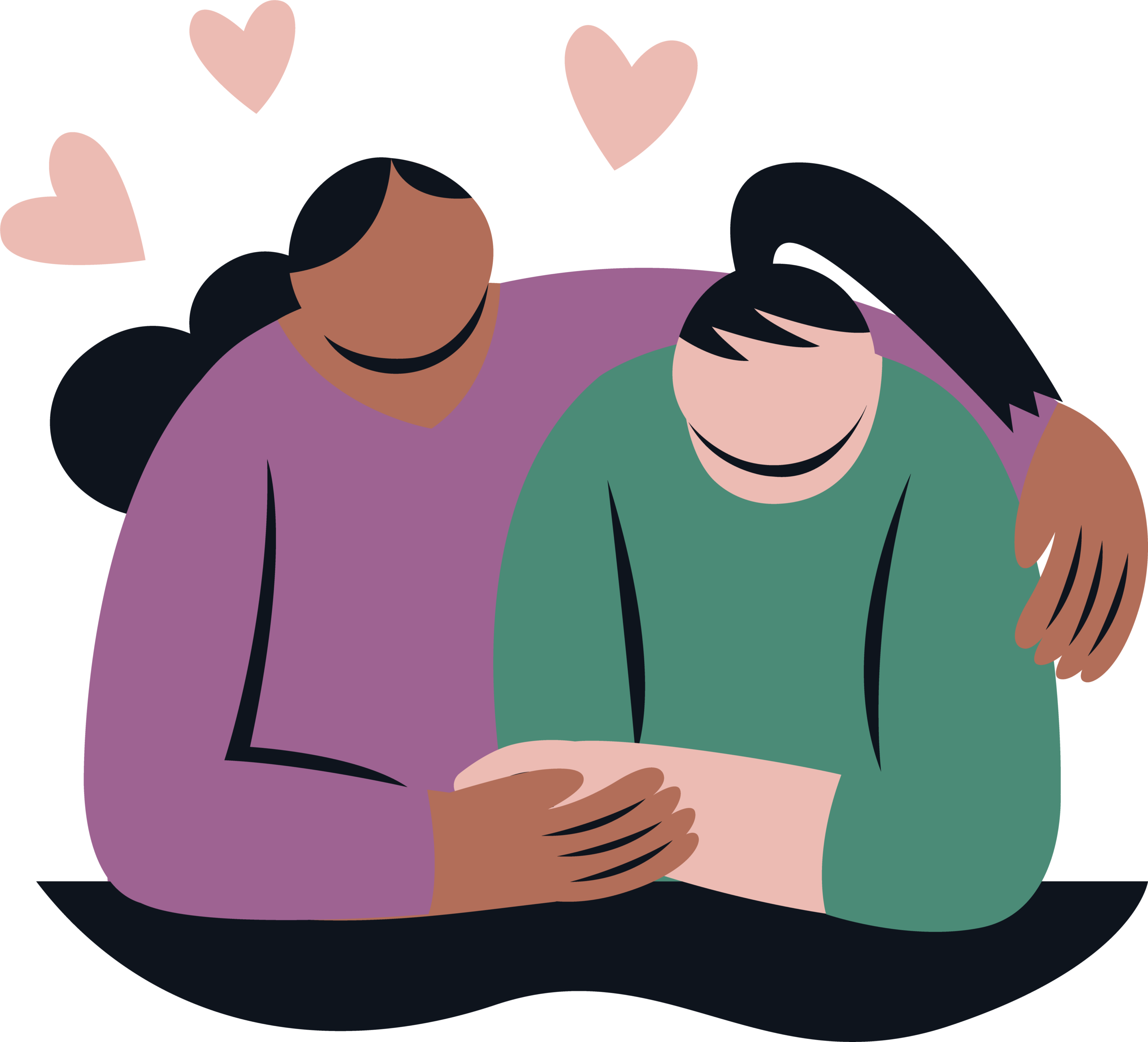
Set Your Boundaries

Discover how boundaries can help you reduce stress and save your mental health.
When my business first started to take off, I was thrilled.
It was exciting delivering keynotes and workshops to people who really cared about what I had to say. I got great satisfaction from coaching clients one-to-one. By pouring myself into work, I made deep connections and my business quickly grew.
Over time, though, my strength became a weakness.
I’m an introverted person. So even though I’m emotional by nature, the empathy that allowed me to make deep connections was also taking a heavy toll.
Something had to change.
Eventually, I decided to pivot my business. I did less coaching, training, and speaking and more writing. I started developing online courses that I could scale. This allowed me to reach more people, while working at my own pace. Best of all, I could be more choosy as to when and how I spent time with others.
Nowadays, I still do some speaking and teaching. But adjusting my expectations not only made work more enjoyable, it allowed me to conserve my energy for the things I cared most about. I had more time for my wife and kids—and for myself.
Setting boundaries helped to save my mental and emotional health.
How to set boundaries
The first step in building emotional intelligence is to cultivate self-awareness: knowledge and understanding of your own emotional behavior.
This is important, because we can easily start heading down an unhealthy path without even recognizing it. But once you acknowledge your feelings and emotions—and work to understand them—you can start setting boundaries to protect yourself.
In my case, that happened once I realized my empathy was actually working against me. I noticed that after a big speaking engagement or workshop, I was completely exhausted. I felt the same after any day I had more than two meetings scheduled.
By trying to help too many people, I was on a path to burnout. And that would leave me unable to help anyone.
Of course, everyone has a different emotional makeup and different needs.
Maybe you’re extroverted; being around others energizes you. Still, you also need to set boundaries—in connection with whom you spend time with, what you spend time on, or how you spend time on it.
To figure this out, ask yourself:
• After a day or week in which I feel especially drained or down, what contributed to that feeling?
• Whom did I spend time with? What did I do? How did I do it?
• What can I do differently?
Once you answer these questions, you’ll change your path from one leading to burnout to one leading to fulfillment. You’ll save your energy for the people and activities that matter most.
In the end, you might even start enjoying work again. And that’s the power of setting boundaries.
It transforms emotional into emotionally intelligent.


































